
-
Updating Roman Jakobson’s ‘Poetic Function’ with Vector Semantics
Read more: Updating Roman Jakobson’s ‘Poetic Function’ with Vector SemanticsKurzynski discusses how poetry extends beyond sound and rhythm and taps into a deeper network of meanings.


Kurzynski discusses how poetry extends beyond sound and rhythm and taps into a deeper network of meanings.
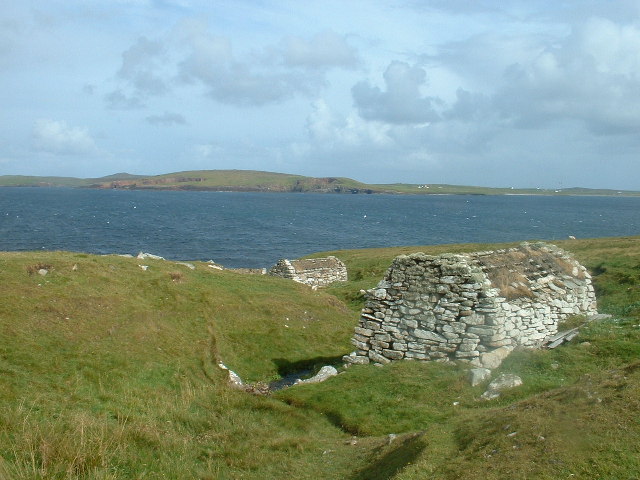
Founded in 1969, the Scottish Archaeological Journal publishes original articles which aim to further the study of archaeology in Scotland. The journal, published on behalf of the Glasgow Archaeological Society, features the latest results of archaeological fieldwork, excavation and research.…
CounterText Call for Papers Special Issue: Explorations in Electronic Literature Edited by Mario Aquilina and Ivan Callus An entire epoch of so-called literature, if not all of it cannot survive a certain technological regime of telecommunications. – Jacques Derrida, The…
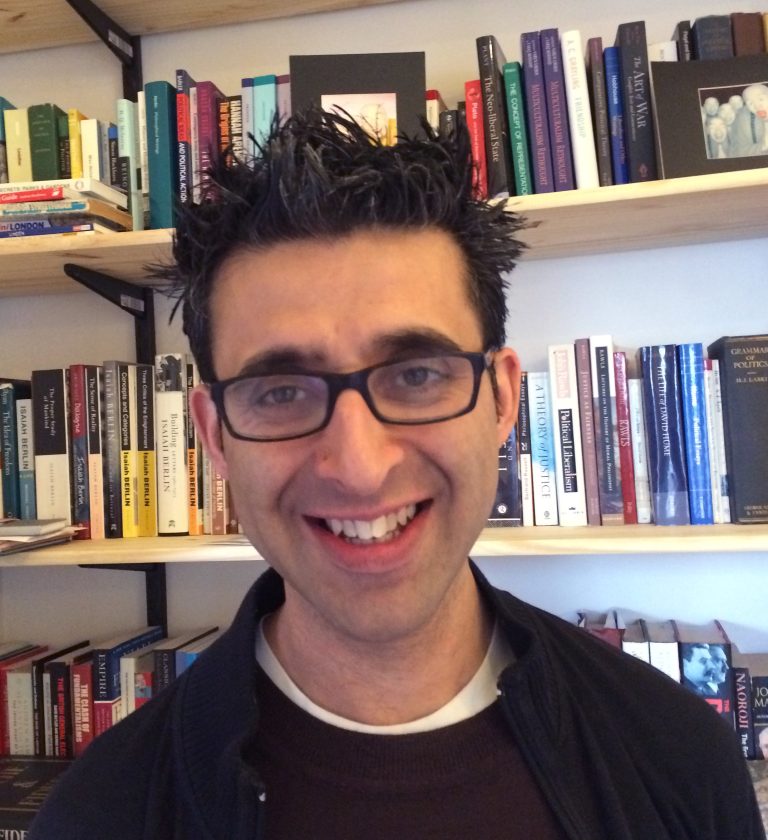
David Cameron has been avoiding the m-word. In his recent speech about extremism, the word ‘multicultural’ was noticeable by its omission for two reasons. First, Cameron said that Britain was a ‘successful multiracial and multi-faith democracy’ and a term like…
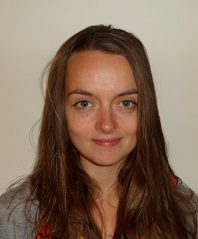
Although he won the Nobel Prize for Literature in 1907, Rudyard Kipling’s ‘publicly pronounced racist and imperialist attitudes have’, as Harish Trivedi observes, ‘damned him as an artist for many readers’. However, in his 1901 novel, Kim, Kipling offers a…
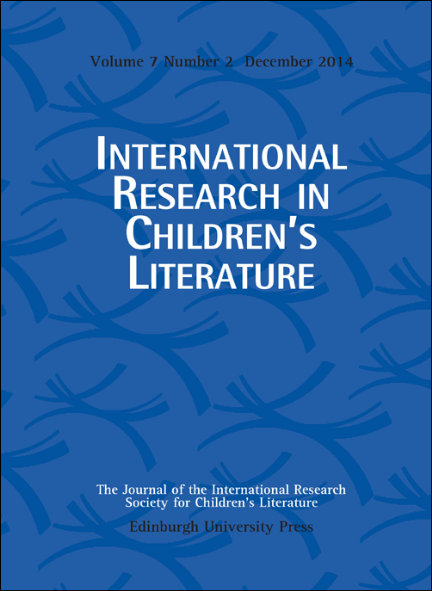
By John Stephens, General Editor In its first eight years of publication, International Research in Children’s Literature (IRCL) has established the benchmark for how criticism in children’s literature can blend some of the most innovative literary and cultural theories with…
The problem of how philosophy is to approach the word politics is especially difficult, as it is itself a stake of political struggle and thus steeped in equivocity. The question of just who is and who is not considered political, and what objects are part or are not part of political consideration, is itself always intrinsic to politics. Philosophy thus encounters the word politics as inherently equivocal or, in Badiou’s terms, as a ‘split word’.
Badiou's interventions on cinema are scattered over a large time span, dispersed in myriad film reviews, short articles and conferences, and for the main part are devoted to discussing one or several individual films, as evidenced by his recently published collection, Cinema.
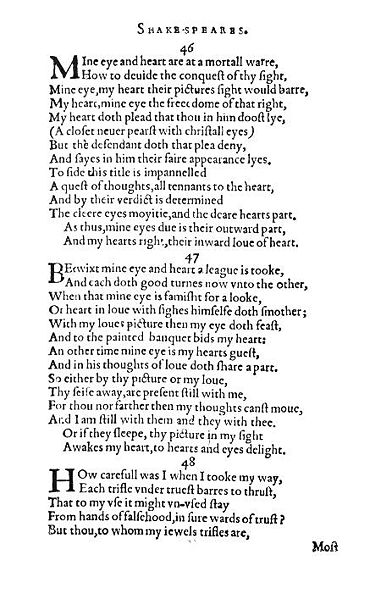
The concept of the ‘event’ has accumulated around it a somewhat varied stream of interventions in contemporary philosophy and literary theory. In The Event of Style in Literature (Palgrave Macmillan, 2014) I tried to think of the event in relation…